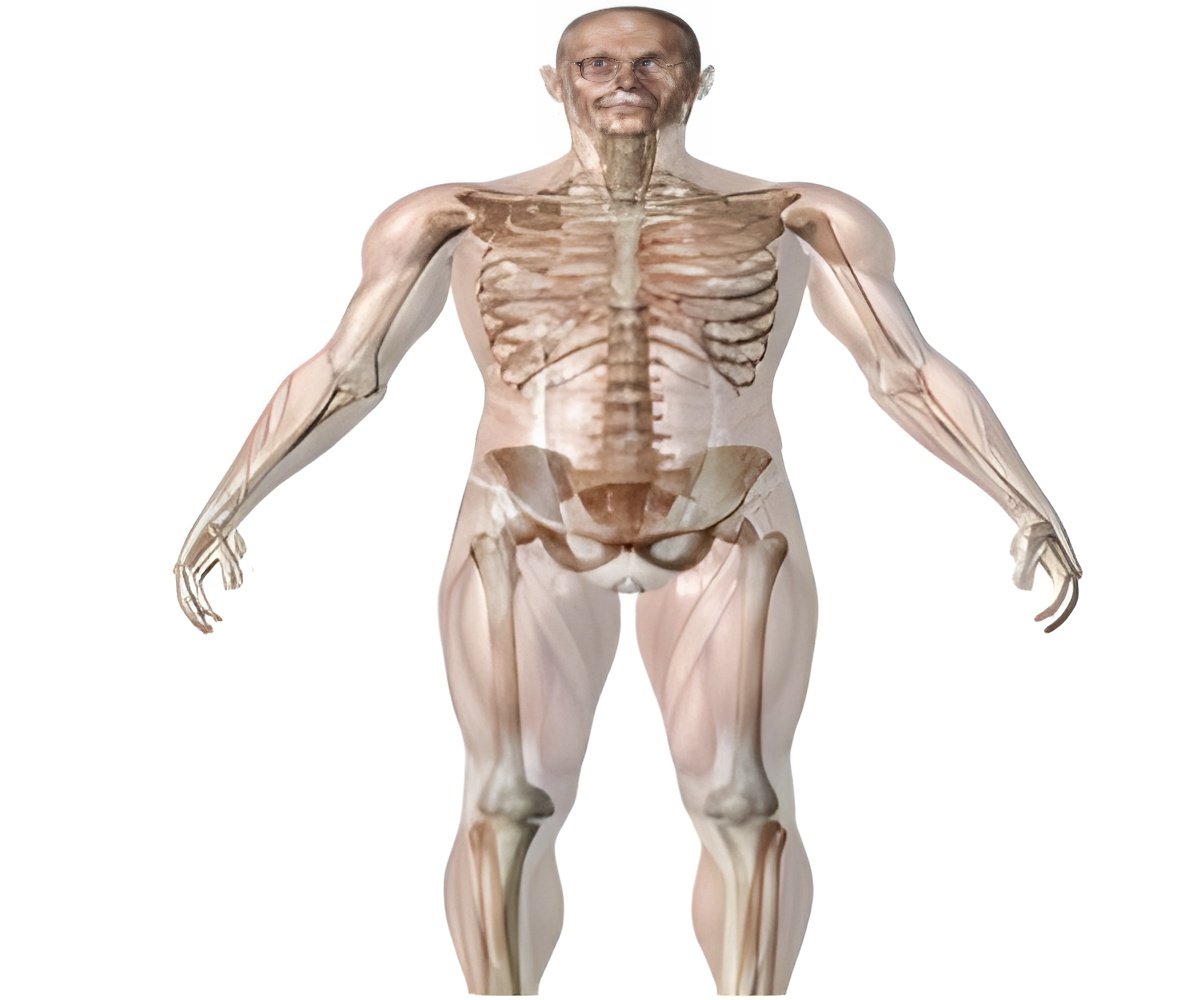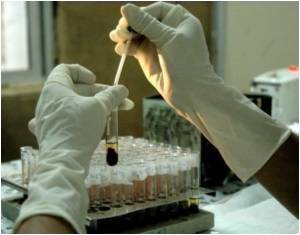Translarna (ataluren), is the new medicine recommended by The EMA’s Committee for Medicinal Products for Human Use (CHMP), for the treatment of Duchenne muscular dystrophy.

In the European Union (EU), approximately 18,600 people have Duchenne muscular dystrophy. The disease can be caused by a number of genetic abnormalities. Translarna is for use in the subgroup of patients whose disease is due to the presence of certain defects (called nonsense mutations) in the dystrophin gene, which prematurely stop the production of a normal dystrophin protein, leading to a shortened dystrophin protein that does not function properly. Translarna is thought to work in these patients by enabling the protein-making apparatus in cells to skip over the defect, allowing the cells to produce a functional dystrophin protein.
In January 2014, the CHMP originally adopted a negative opinion for Translarna, but at the request of the applicant, the CHMP started a re-examination of its opinion. Following careful consideration of all available evidence, including a re-analysis of the clinical data submitted by the company, the Committee concluded that the data available are sufficient to recommend a conditional marketing authorization. Under the terms of the authorization, the company will be required to provide comprehensive data from an ongoing confirmatory study.
Conditional marketing authorization is an early access mechanism which allows the Agency to recommend marketing authorization for medicines that address an unmet medical need for patients suffering from life-threatening diseases even if comprehensive clinical data are not yet available.
The applicant for Translarna is PTC Therapeutics Limited. The company is registered as a micro-, small- or medium-sized-enterprise (SME), and as such benefited from support and incentives offered by the Agency’s SME office.
Because Translarna has an orphan designation, the Agency provided free scientific advice to the applicant during the development of the medicine. Orphan designation and the associated incentives, such as free scientific advice or ‘protocol assistance’, are among the Agency’s most important instruments to encourage the development of medicines for patients suffering from rare diseases.
Source-Medindia
 MEDINDIA
MEDINDIA



 Email
Email






